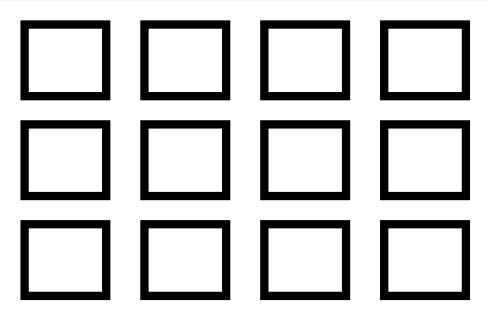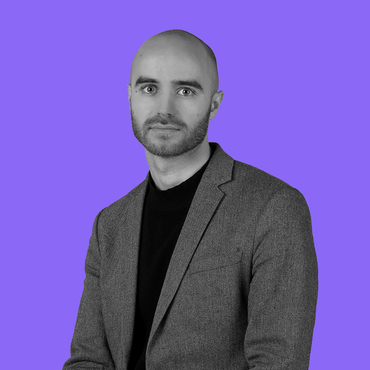How to teach children architecture: the experience of the dash! school and its founder Bohdan Volynskyi
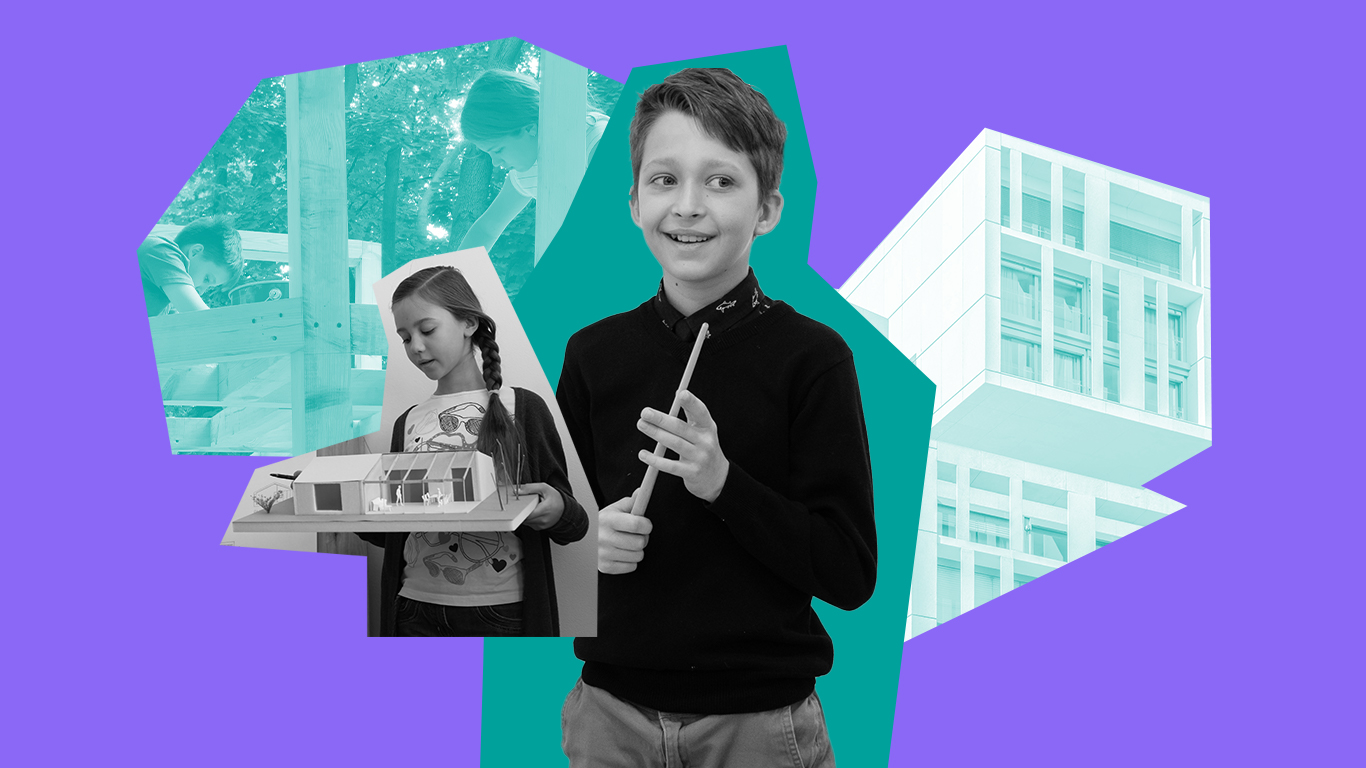
Changes in society should begin with education, says Bohdan Volynskyi, founder of the dash! design school in Kharkiv. The school has been operating since 2015.
During this time, more than two thousand children in six Ukrainian cities became students of the long-term and short-term courses of the school. Recently, the Kharkiv Design School, with the support of the House of Europe, created an online course to make architectural education available in every corner of Ukraine.
We asked Bohdan about how the school was founded, what knowledge creative entrepreneurs lack, and how to adapt to life during the pandemic.
Students study for two hours once a week at our school. The architecture and design classes are of two types. The first one is aimed more at entertainment and creating a space where children can express themselves. Other classes help them gain the skills to create an annual project. Our educational method is 3D Learning: Teaching by Doing, Learning by Doing, and Decision Making. That is, we learn when we do something. We have no theoretical instructions. We do everything through exercises. We have expanded our scope: we have interior design, web design, and graphic design. Our school teaches children to think in project terms. And the tools for this can be different.
There is no book where you can read about right and wrong decisions. We teach that decision-making is about responsibility. And each decision has its consequences, positive or negative ones. As for architectural principles, we work only with real challenges. We are not interested in building abstract constructions ‘on Mars’.
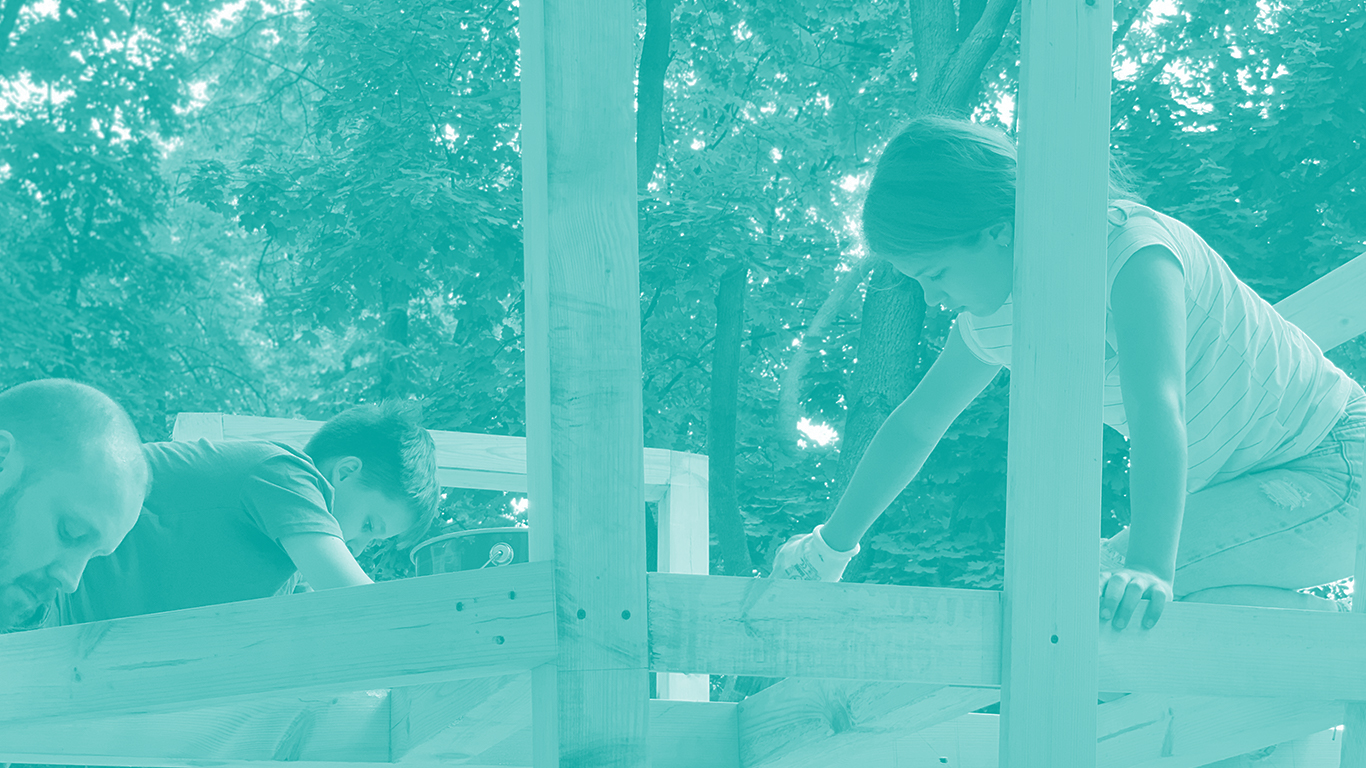
I believe that a good education cannot be cheap. In most countries, education is provided by the state making sure that it can be obtained for free or not for big money.
We are looking for opportunities through cooperation with large organisations or through grant projects. And we want architectural programmes to be available to secondary schools.
We cooperate with schools, currently only private ones. In two years, we have tested programmes for different grades and continue to make changes.
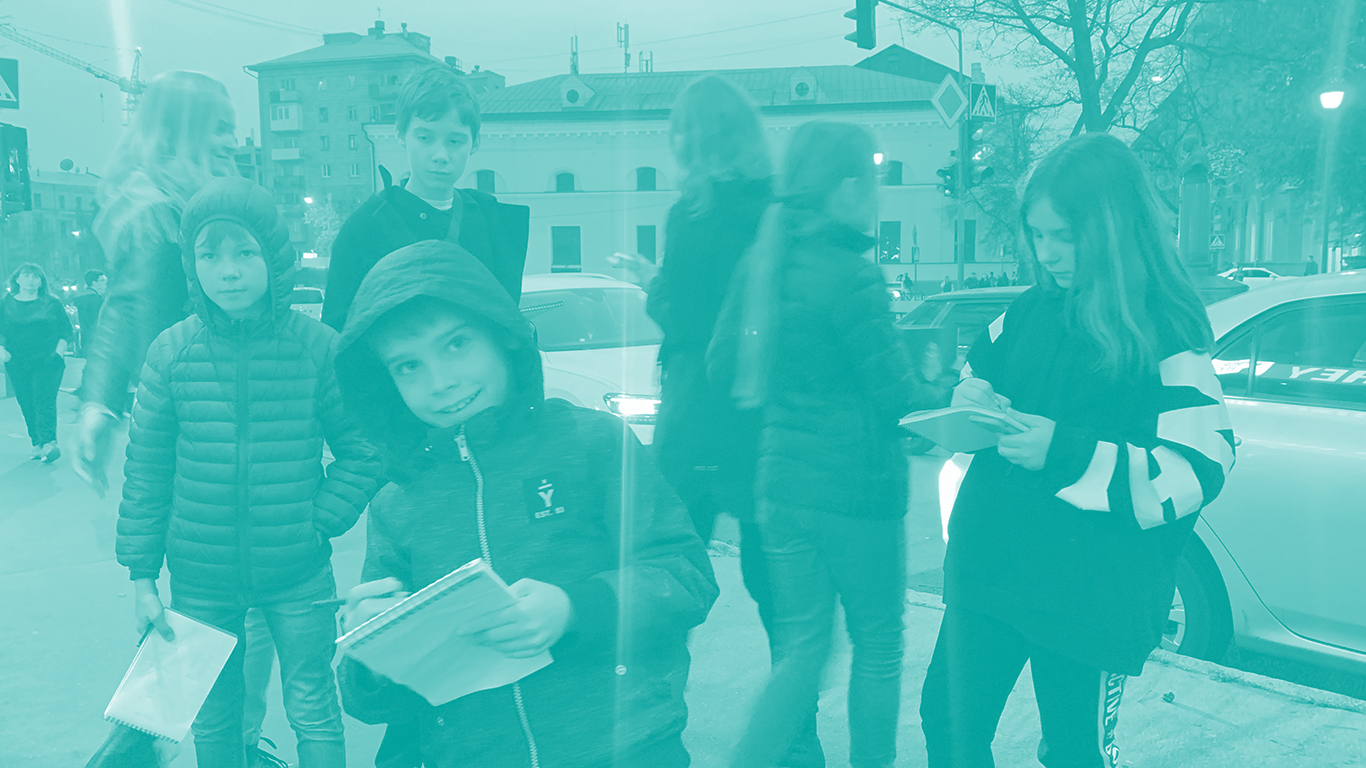
About the school team, its management and administration
Our first crisis was the team crisis. We were good friends, but when responsibilities and regulations came along, it became difficult. At first, everyone did what they liked best. Over time, we realised that each of us should take responsibility for each direction. At first, I did almost everything and attended various courses: from marketing to communications. Now I have got the opportunity to expand the team a bit and delegate responsibilities, so I have managed to engage in creating an online course for which we received the House of Europe grant.
The most important thing in our team is values. If a person does not endorse them, then we have different paths to follow. We have three principles: relevance, ethics, and innovation. For example, if we are talking about the environment during classes, then the sorting container should be in the school. And we do not repeat the same programme from year to year.
All our teachers are practitioners. We believe that one should do what interests them most. It is impossible to teach one thing while doing other things in life. Therefore, our teachers are architects-practitioners or senior students who are already practicing.
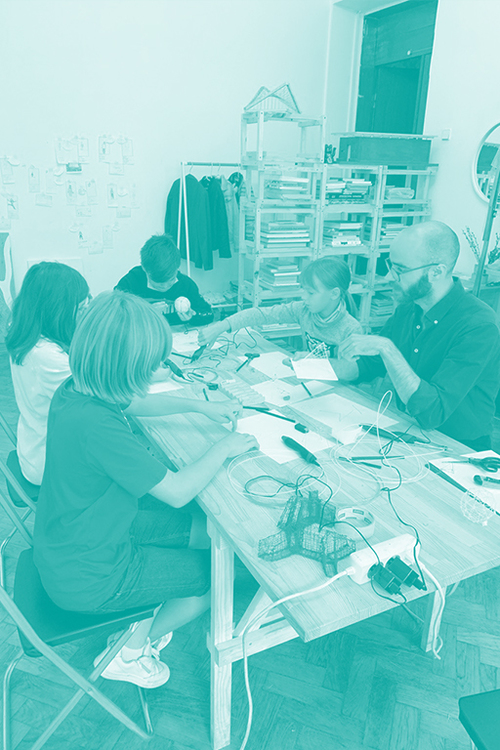
About difficulties
Difficulties arise constantly. Once we enrolled a smaller number of students than we expected, so we were very short of money. Even to rent a room. How did we manage to survive the crisis? I started studying entrepreneurship and analysing. In addition, we wrote down important points in the documents. For example, we compiled the teacher’s guide — the rules of conduct, difficult situations, duties, and responsibilities.
As for organisation and management, there have been thousands of challenges. I am an architect by education, not an entrepreneur. I had the experience of conducting educational events, lectures, discussions, and workshops for students. However, in my work, I also have to work with finances, accounting, and building a team. I think that in general, our cultural sector has a lack of knowledge in management, marketing, financial and legal issues.
Of course, the quarantine was a big challenge for us. We were not ready for it, because all our classes are practical. And, of course, the question of financial stability immediately arose. We also did not know what to do with the annual courses: we should pause them or not. I recorded a video message, and we created a separate section on our site, which had a schedule of classes in video format. We also sent materials for classes to students (for example, for layout).
During that period, I had to conduct a number of classes on my own, and I realised that it was very bad that I was the only replacement. Today we are preparing more in advance. We did not stop the system work, and it gave us the opportunity to survive the lockdown.
Educational projects are not something you can earn a lot from. You will also not feel 100% financially and economically confident. But if you work hard and use new tools, you will succeed. We are gradually increasing our capacity. We spend less time on small processes because now everything is prescribed and understood.
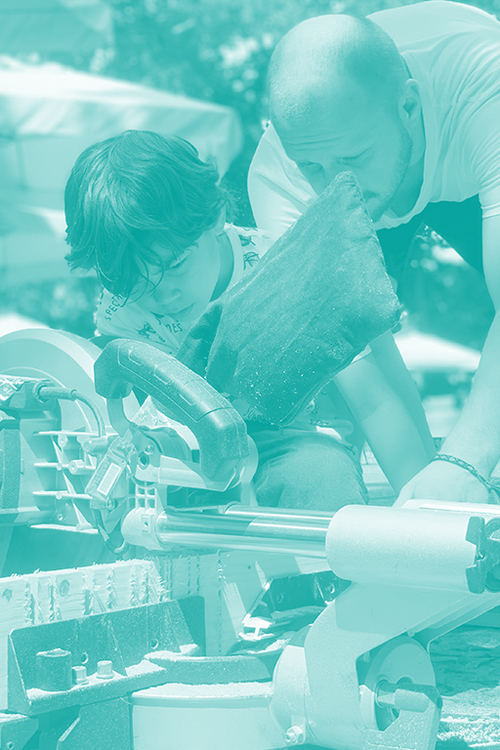
Text: Oksana Semenik
For more opportunities for professional advancement, visit our opportunities catalogue.
